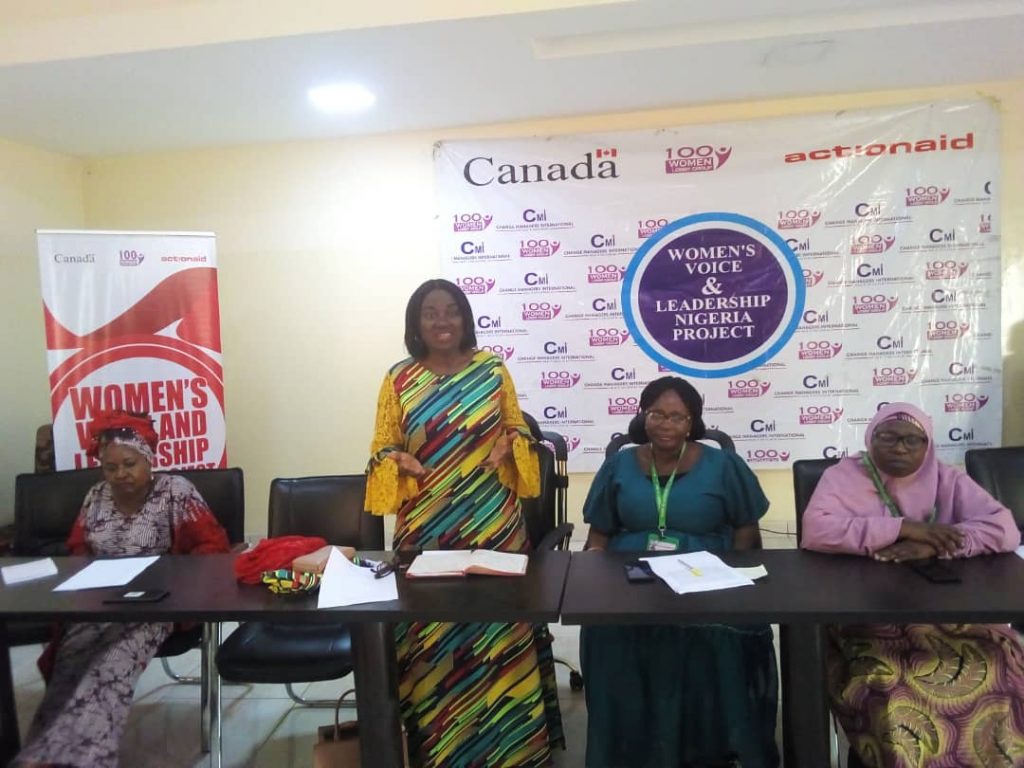By Justina Auta
Gender
A coalition, “100 Women Lobby Group”, has called on the Nigerian University Commission (NUC) to enforce the development and implementation of gender policies in institutions.
The group made the appeal on the sideline of a workshop on “Engagement with female youth leaders on gender policy” for students and staff of University of Abuja.
It said that such a step would help to curb all forms of Violence Against Women and Girls (VAWG).
Mrs Felicia Onibon, the National Coordinator of the group, decried the rampant incidences of violence, sexual harassment and intimidation of female students.
She added that developing and implementing a gender policy would curb the menace.
Onibon said that some universities already had gender policies, while some were still working on it.
“Others are not thinking about developing or implementing it in their institutions.
“We are asking the National University Commission to make it a duty that every university should have a gender policy.
“And they should be the watchdogs from the outside, while the university itself, watches what is going on from the inside.
“It is a document that will be very useful for both the public and private institutions,” she said.
Onibon added that participants at the workshop were carefully selected to make their input towards developing a document for the implementation of the gender policy in the school.
“We believe that the outcome of this workshop will influence the documents that will come out.
“There is no point developing a policy document without the students. It is always better to allow the students make their input and observations,” she added.
She urged the school management to ensure that the policy document came out on time, closely followed by implementation plan to address incessant cases of VAWG.
Prof. Abdul-Rasheed Na-Allah, the Vice-Chancellor of the university, stressed the need for a document for the implementation of gender policy in the institution.
NA-Allah, represented by Prof. Mabel Evwierhoma, the Director, Centre for Gender and Security Studies and Youth Advancement at the university, said the workshop was part of the move to develop a document on gender policy.
He said the policy sought to guide, instruct and envision the various stakeholders within the university campuses on how to respond to cases of GBV and support to the survivors.
“We stand to gain more if eventually we have a proactive document as well as one that mitigates problems when they occur.
“It is also in line with global practice in terms of having a gender equitable balanced structure within the university,” he said.
On her part, Prof. Rafatu Abdulhamid, Centre for Gender and Security Studies and Youth Advancement Coordinator, appreciated the school management for the inititative to address GBV.
Abdulhamid said the engagement would enable the participants make their inputs that would form parts of the document for the full implementation of gender policy in the school.
A participant, Ms Chiedera Chidozie, a 400Level student of Public Administration, said developing and implementing the gender policy would address issues around violence, harassments and other vices in the institution.
“There should be certain regulations to ensure this policy follows through because it is one thing to create a policy or law, it is another thing to see it through to the very end.
“Certain strategies should be put in place to ensure implementation,” she said.



